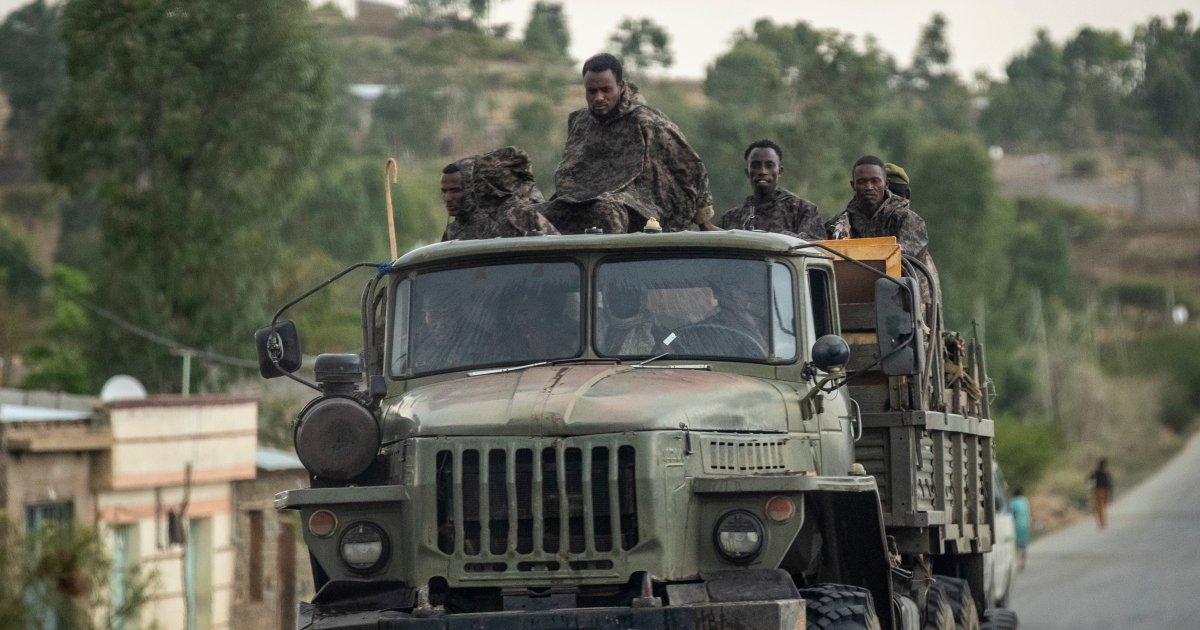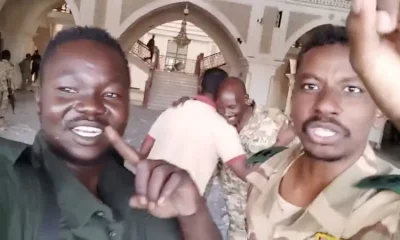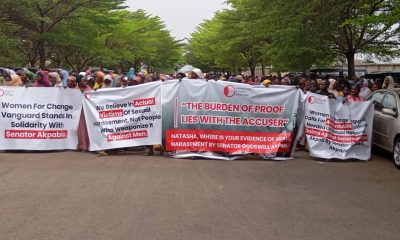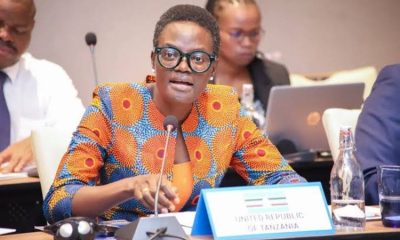International
Ethiopian govt sending “explicit threat to the UN, NGOs”- Ex-UN official

- Since fighting broke out between the Ethiopian govt and Tigray’s regional ruling party…
- Del Conte served as UN-Deputy OCHA’s Country Director in Ethiopia from 2012 to 2016, during which time the country experienced two catastrophic droughts.
EKO HOT BLOG reports that David Del Conte, a former UN staffer in Ethiopia has praised a recent study on human rights breaches in Tigray as a “good starting point,” but has also emphasized the grave limits that the UN and non-governmental organizations confront in the region.
David Del Conte formerly served as the United Nations Emergency Relief Coordinator for Ethiopia and currently directs the #StopTigrayFamine Campaign at Refugees International, an independent humanitarian organization.

He argued on CNN’s Connect the World that the joint inquiry by the UN Human Rights Office and Ethiopia’s state-appointed human rights commission, which found all parties in the conflict to be grossly violating human rights, did not go far enough.
A “proper independent investigation holds all responsible to account,” he said.
Since fighting broke out between the Ethiopian government and Tigray’s regional ruling party, the Tigray People’s Liberation Front (TPLF), in November 2020, the government has restricted access to the northern region, hampering humanitarian relief distribution. Last month, Ethiopia ordered seven senior UN officials to be expelled from the country, including from organizations coordinating aid efforts, accusing the officials “meddling in the internal affairs of the country.” The UN has strongly denied that claim.
Del Conte stated that the government’s continuous activities against these organizations are a “explicit threat to the NGOs.”
“This is not interference; it is fundamental humanitarian work, and the Security Council and the UN Secretary-General must handle the threat,” he added.
Del Conte served as UN-Deputy OCHA’s Country Director in Ethiopia from 2012 to 2016, during which time the country experienced two catastrophic droughts. The UN was reacting to people’s chronic needs by supporting the government system and structures, he argues, a stark contrast to what the UN is currently facing.
The way in which humanitarians work during times of conflict is different during times of peace,” he said. “The threat of suspending your program or being expelled from the country means that you have to balance the needs of the population and the work you’re doing with a need for speaking out about what’s occurring.”
Advertise or Publish a Story on EkoHot Blog:
Kindly contact us at ekohotblog@gmail.com. Breaking stories should be sent to the above email and substantiated with pictorial evidence.
Citizen journalists will receive a token as data incentive.
Call or Whatsapp: 0803 561 7233, 0703 414 5611






![[JUST IN] Natasha: Senate Passes Vote Of Confidence On Akpabio](https://ekohotblog.com/wp-content/uploads/2025/03/Senator-Natasha-Akpoti-Uduaghan-and-Akpabio-960x480-1-400x240.jpg)
![[JUST IN] Natasha: Senate Passes Vote Of Confidence On Akpabio](https://ekohotblog.com/wp-content/uploads/2025/03/Senator-Natasha-Akpoti-Uduaghan-and-Akpabio-960x480-1-80x80.jpg)










